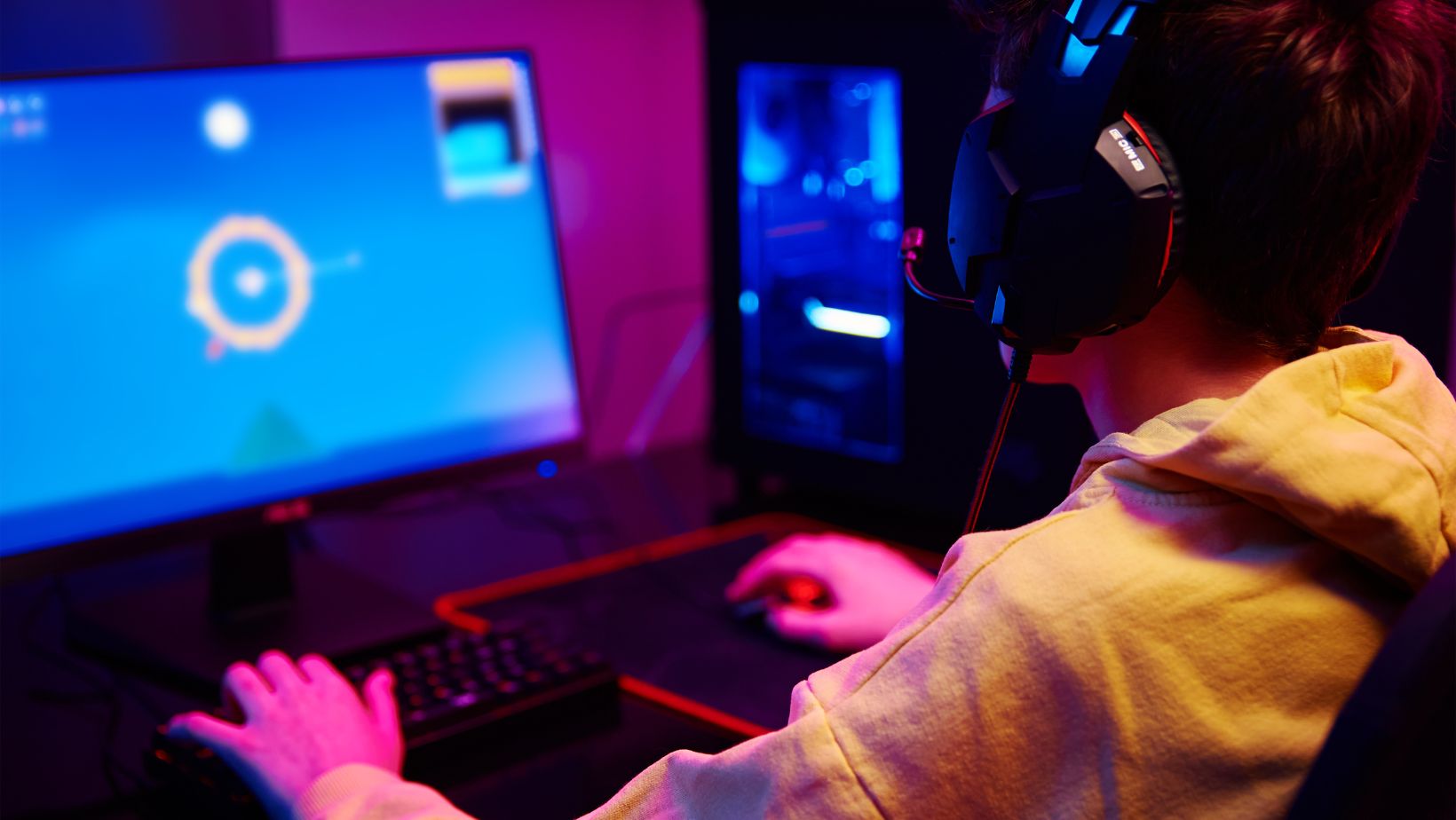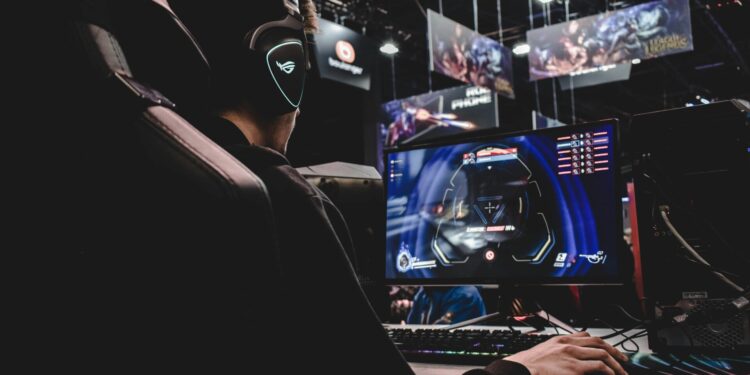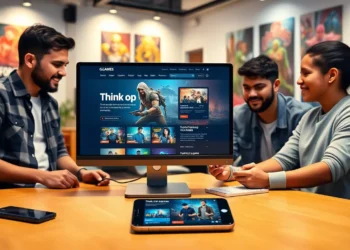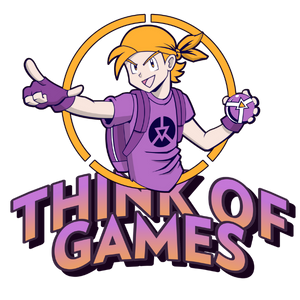In-game economies have evolved from a simple gold exchange into thriving marketplaces where players buy, sell, and trade items that have real-world value. From rare weapons, skins, and outfits, to game currency, trading is now the core part of the modern gaming experience. If you’re new to this exciting world of trade, this guide will help you understand the basics and avoid common newbie mistakes.
Why Trade In-Game Items?
There are many possible reasons you may be considering trading, but profit is likely the primary one. Flipping valuable in-game items grew to be a significant side income for many, especially if you know how to do it efficiently. Another reason is collecting. Many players enjoy searching for exclusive items that are considered digital trophies. There is also progression – trading to acquire items you would otherwise need to get by grinding. Regardless of your motivation, the rules of trade are the same: you need a reliable platform, a sharp eye for scammers, and of course, some trading knowledge.
Understanding the Value of Items
Not all in-game items are valuable, though. It’s wise to study their price before you dive in, as it is often determined by:

Demand: Items tied to trending games or “boosted” by popular content creators.
Condition: In games like CS: GO, a skin’s “wear level” can affect the value.
Tradability: Some items are account-locked or bound for a period after being acquired, which makes them less valuable.
Where Should You Trade
There are a few common places where you can exchange your items and start your trading adventure.
In-game marketplaces – In some gams, like Dota r or Rust, you will find official marketplaces provided by the developer
Steam Community Market – Allows a direct buying/selling system within the Steam community
Third-party platforms – Sites outside Steam often offer more flexible trading that includes real-cash options.
Only trusted marketplaces
In case you choose the third option, safety should be your top priority, because there are a lot of scammers out there who will gladly take the items from you without going through with the payment. Remember to first verify the platform – it should be a well-reviewed, secure site. Check the item as well, and confirm that it’s tradable and not locked or duplicated. Also, remember to verify usernames and URLs of the person you’re trading with. You should only use trusted platforms like ggchest.com marketplace for gamers. They offer user-friendly item listings, buyer/seller ratings, and built-in payment protection like escrow services. This greatly reduces the risk of scams.

Final Tips
Starting out as a trader is a great adventure that will bring you a lot of joy and excitement. It’s like a game within the game! Once you understand the basics, it will become second nature to you, and who knows, maybe you’ll be able to turn it into a significant side income. Remember to deeply research the items you’re selling and buying, and avoid scams. By combining a smart research wand using only verified platforms, you can enjoy trading and keep your digital wealth safe.


















